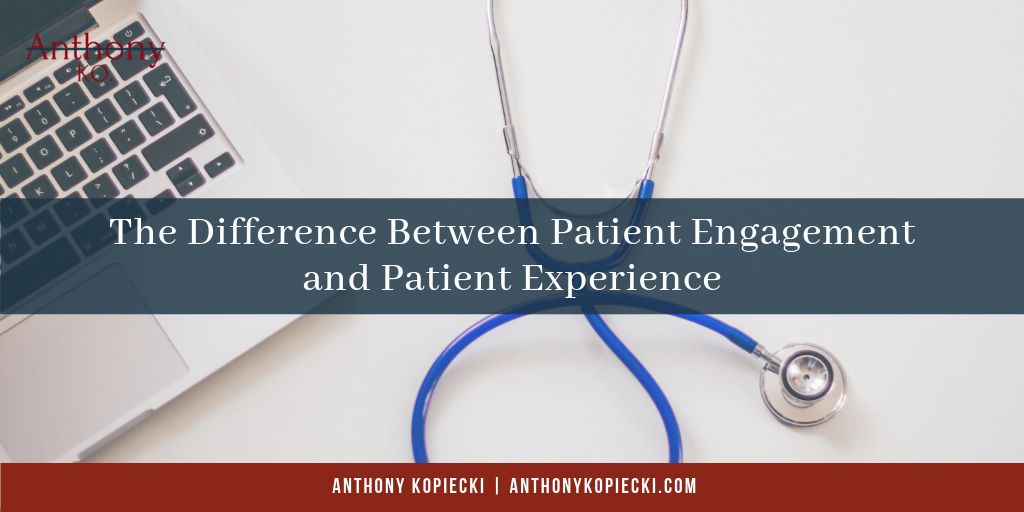Patient experience and patient engagement are two of the most frequently discussed matters when dealing with improving healthcare. These phrases might sound similar, but they are actually entirely different things. Being able to fully understand the difference between patient engagement and patient experience can help healthcare providers ensure that patients get the best possible care.
Understanding Patient Experience
Patient experience is used to describe the general idea of the interactions a patient has when they use healthcare. This includes customer service, what type of care the patient gets, how well the doctor listens to a patient, the ease of scheduling an appointment, and more. Keep in mind that patient experience and satisfaction are not identical. The experience is more about how the patient interacts with their healthcare providers while satisfaction is more about how well the patient felt their needs were catered to.
Recognizing Patient Engagement
Patient engagement refers to how involved a patient is in their healthcare. Doctors find that patients who have more engagement are often able to have better outcomes for their treatment. This happens because patients who are engaged are more likely to make appointments, submit correct data, and take proper medications. Engaged patients are more likely to ask questions, and identify appropriately when they need to come in. Engagement allows patients the ability to more fully understand their own health and make more informed decisions. Though a person’s personality will affect how much they take charge of their healthcare, providers can take steps to improve patient engagement by educating patients and understanding the relationship between experience and engagement.
How to Differentiate Between the Two Concepts
The main difference between experience and engagement is how they relate to a patient. Patient experience is something that happens to the patient while patient engagement is something the patient does. Usually, a patient has little control over their experience and it is simply something they encounter at every visit. In contrast, a patient can choose their level of engagement.
The Ways Experience and Engagement Work Together
Though experience and engagement are two different concepts, they can be closely related. Typically, a patient will only have high levels of engagement if they have a positive patient experience. A patient who dislikes their experience is less likely to stay involved in their own healthcare management. Therefore, it is very important for healthcare providers to take steps to improve patient experience.

